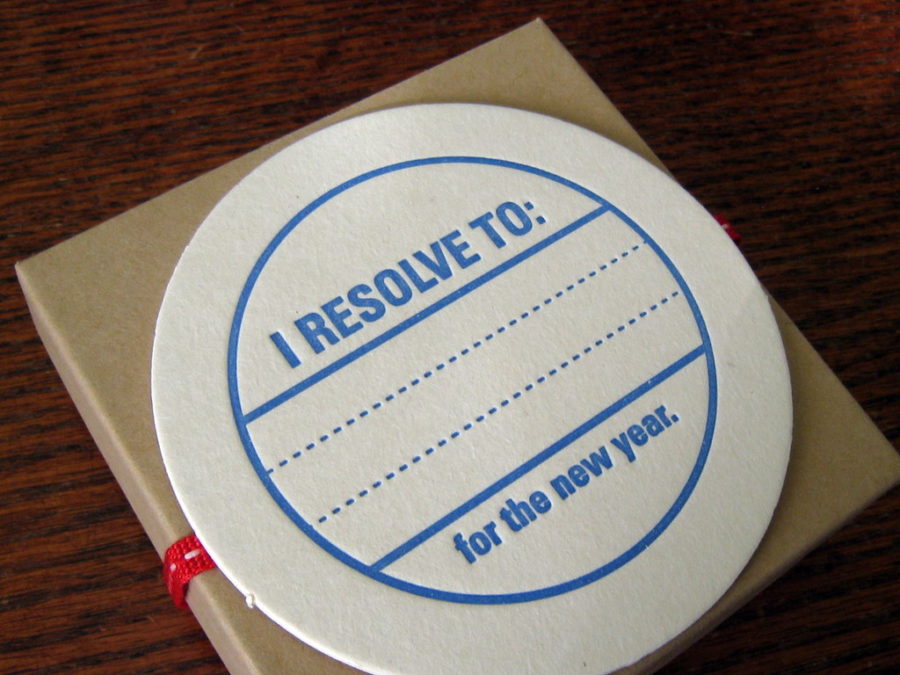New Year’s Resolutions: A Cell not a Celebration
January 13, 2022
We’ve all heard the phrase “New year, new me”. This comes from a tradition that people all over the world participate in New Year’s resolutions. A resolution is a firm decision to do or not to do something. People make decisions and goals at the beginning of the new year, encouraging themselves to make a change throughout the year.
Resolutions can be anything you want them to be. From going to the gym more often to apply for a new job, resolutions are used by most people to better themselves in some way.
A positive aspect of the annual goal setting is that it inspires people to take better control of their health. A survey done in 2018 by The Marist Poll in partnership with NPR and PBS showed that 44% of adults were likely to make a New Year’s resolution, and of that 44%, 13% said they had the intention of exercising more. Another 10% had the resolution to lose weight, and 9% set out to eat healthier. Goals surrounding physical health take up the majority of resolutions made.
Another common group of New Year’s resolutions involves mental health. Whether it’s taking time to yourself, journaling each day, or repeating daily affirmations, the start of a new season has helped people become more determined to benefit their mental stability.
Although this practice may seem healthy and productive, it can also be potentially damaging. Many people have a habit of making resolutions at the start of the year, sticking with them for a week or two, and then abandoning their goal; whether it be because of time, money, or just lack of interest and discipline. But it’s hard when you feel like this is something the whole world is doing, and you’ve given up without giving it a try. A lot of people that don’t carry out their resolutions end up feeling less confident because of it like they had this simple goal that they couldn’t even try to achieve. It can be stressful and deprecating.
It can also be seen as harmful because of the whole ideology behind it. The idea of resolutions and changing yourself can be stressful, especially when you feel like you have to live up to standards set by yourself, your surroundings, and society as a whole. While most of these goals are good and healthy, a lot of people’s intentions behind them don’t have to do with their personal health. Rather, they’re rooted in trying to attain unrealistic beauty standards that the media has set for people.
Social media has many appeals, but there are also things that aren’t great about it, one of them being the negative impact influencers and stars have on youth. As a whole, social media platforms have a habit of inducing esteem-lowering thoughts within people, teenagers specifically. By seeing pictures and videos posted by others (which are often manipulated to adhere to idealized standards), viewers absorb the subliminal messaging that this is what is acceptable within society. This can be extremely damaging to a teenager’s developing confidence and sense of self.
Bottom line: New Year’s resolutions can be very beneficial. But depending on the goal, the method, and the person, it can be more of a cell than a celebration.

Norman • Jan 13, 2022 at 12:52 pm
I agree with the previous commenter. Very well done!
Sharyn Burns • Jan 13, 2022 at 11:10 am
I thought this was excellent. And very impressed that it comes from a young healthy mind. Well done Ava Westcott. This young woman must be well read and her article was certainly well said! Kudos!